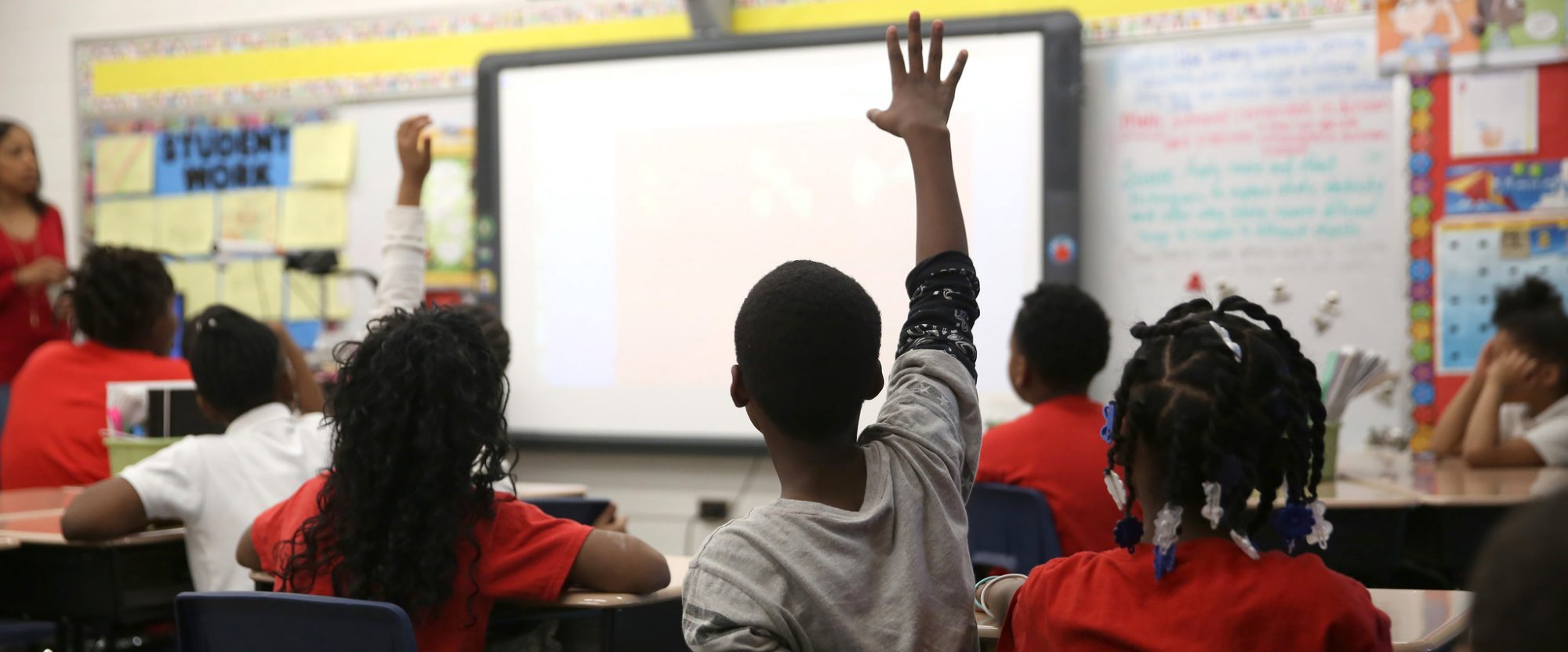Empowerment of the Individual: Education’s Inside Job
What happens when individuals pursuing an education are not given the tools to realize their potential, or feel validated in both their personal experiences and diverse bodies of knowledge? How do we ensure that students believe that their thoughts and ideas warrant respect from both themselves and others, and in what way should we approach education to ensure this outcome?
Below, works by John Dewey, Paulo Freire, and Ella Baker are examined to elucidate the claim that once an individual learns to both recognize and appreciate who they are, they may then feel empowered through the processes of education and organizing.
Premise
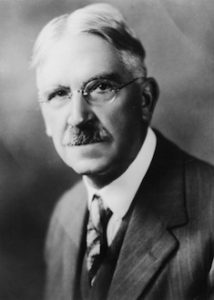
Image 1. John Dewey
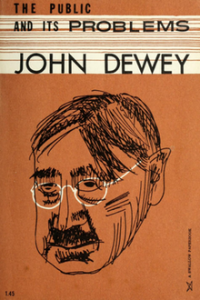
Image 2. The Public and its Problems
According to educational philosopher John Dewey, in defining a public, the people must:
- Nurture the members that make up the public as unique individuals and take great care to “surround the young with the physical and social conditions which best conduce…to release of personal potentialities” (Dewey, 1927, p. 360).
- By giving unique individuals the individualized tools to help them best succeed, the public makes room for said individuals to make up the republic.
- Distinguish personal characteristics through the “improvement of the methods and conditions of debate, discussion, and persuasion” (Dewey, 1927, p. 365).
- Appreciate that dialogue is fundamental to the success and growth, however those terms may be defined, of a public.
Practice
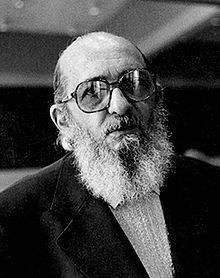
Image 3. Paulo Freire

Image 4. We Make the Road by Walking
Where Dewey provides the premise for recognition of a public, Paulo Freire, educator and organizer, proposes a way in which the people may facilitate the recognition of individual agency. Freire emphasizes the importance of:
- The role of the educator in “recognizing what levels of knowledge people have, in order to create a new knowledge and to help the people know better what they already know” (Freire, 1990, p. 226).
- An educator must both respect the intelligence of their students, but also know how to shape this knowledge. This recognition may help people better understand what hidden power already lies within their thoughts and in their words.
- The educator acknowledging that their role is not to simply “transfer knowledge to the group of people who come….in every moment the educators have been educators but have accepted to be educated too” (p. 156).
- For an educator to experience growth, he or she must cede control in the archetypal teacher-student relationship. A teacher who agrees to learn along with the students allows for the enrichment of the educational experience for all those involved in the educational experience.
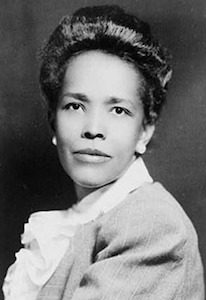
Image 5. Ella Baker(1)
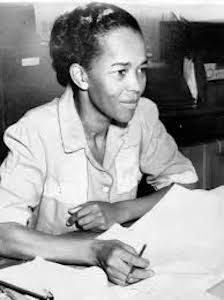
Image 6. Ella Baker(2)
The practices of Ella Baker, civil rights and human rights activist, support many of the same methods Freire uses in his pedagogy. According to Baker’s ideology, which focused on group-centered leadership, it is important that the people consider:
- “Strong people…don’t need strong leaders” (as cited in Payne, 1989, p. 893).
- It is important to place emphasis on the idea that the power of a group is rooted in the collective power within the distinct individuals that make up the group.
- There is nothing to be substituted for “having people understand their power and understand their potential power and how to use it” (as cited in Payne, 1989, p. 898).
- Much like Freire, Baker suggests that a system in which the people recognize their fortitude through doing, organizing, and contributing to a greater purpose than their own.
Both Freire and Baker’s practices support a mutual claim: that through organizing and interacting with one another, the people may learn, and in doing so, become stronger.
Takeaways
- For an individual to benefit from education, they must find the ability to look within and recognize their inner strength.
- An approach to education in which students may participate in dialogue and share their experiences allows for a deeper understanding of each individual’s agency.
- In doing so, the people may develop stronger senses of self, and be empowered through both the tools they receive and the realization of their potential they reach.
- Applying this concept of empowerment to community organizing, an individual’s realization of their own agency in the larger scheme of a group dynamic is the key to a powerful and united community.
Students who recognize the power within both their thoughts and their words may give us hope for a generation in which enabled voices have the power to impact change within our society today.
